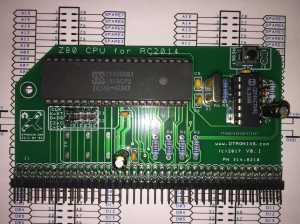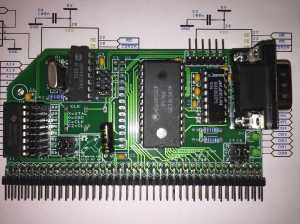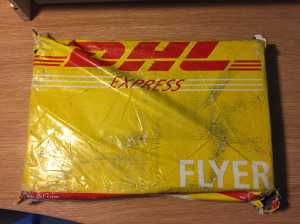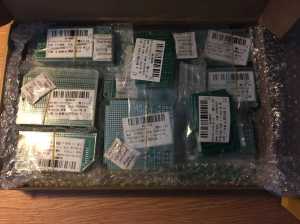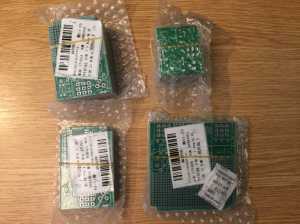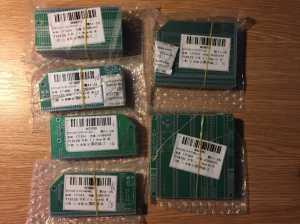We were at eDay again earlier in the month (Saturday 6th October 2018) as part of Newcastle Maker Space. This is the seventh year its been going and as usually we had a great time showing off various projects.
We had the following R-Kade and PiZythn and Rc2014 projects on show.
For those who don’t know what eDay is: eDay is a local digital skills day where various digital technologies are demonstrated to an enquiring general public. A sort-of geeky show and tell where local groups and individuals meet at Gateshead Central Library and show off their projects or what interests them.



 Posted by zuzebox
Posted by zuzebox 



